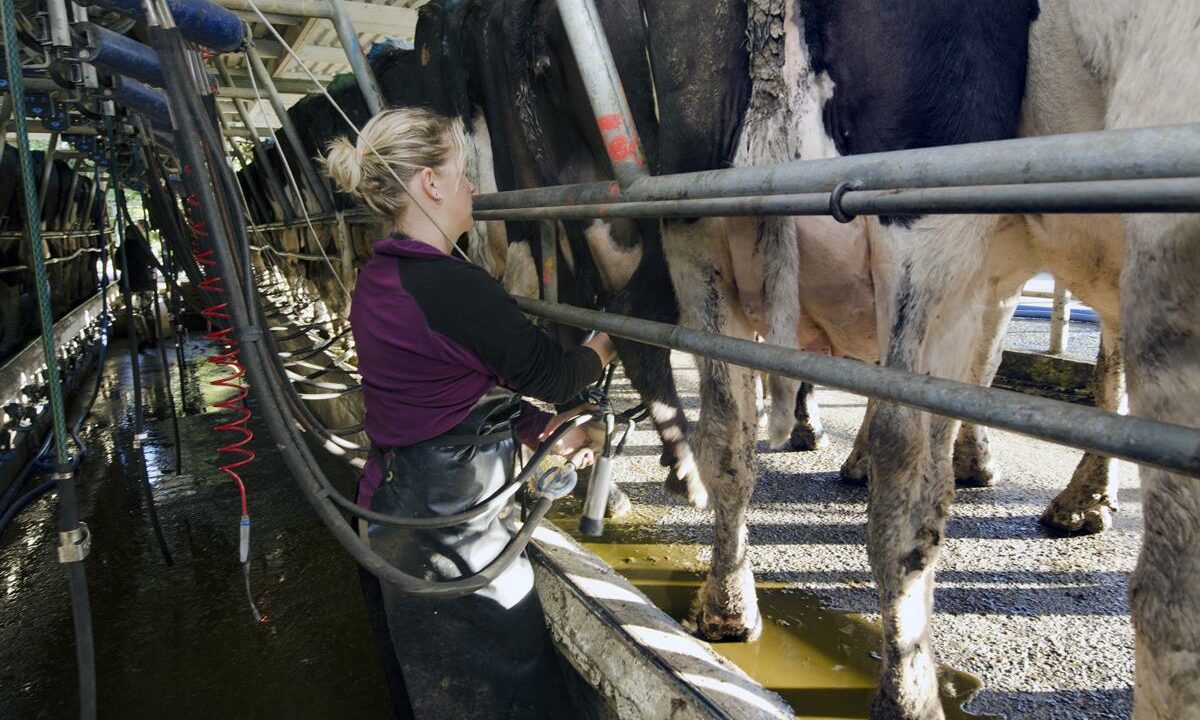A 200 cow dairy farm in Northern Ireland could lose £100,000 (€112,210) this year, according to William Taylor who is coordinator for the Farmers for Action (FFA) group in the North.
This loss is down to a combination of factors, with the poor milk prices this year being one of the primary causes, Taylor said.
Taylor believes the time is up for dairy processors north of the border to pass on a fair share of the upturn in global dairy markets to their suppliers.
Northern Ireland’s milk processors can no longer justify their current stance on their base price for Northern Ireland milk which is literally driving dairy farmers out of business.
“The situation is extremely serious to the point where the management of these co-ops must be called into question,” he said.
With dairy farmers in the Republic of Ireland receiving 25c/L plus and British milk prices heading towards 25p/L (28c/L) and rising, Taylor hopes the October milk price in Northern Ireland will reach at least 25p/L.
Taylor believes the November milk price should reach 30p/L (34c/L) in order to return some confidence to dairy farmers in the North.
Milk Price Crisis Strike
Meanwhile, the Northern Ireland Farm Groups (NIFG) is organising a ‘Milk Price Crisis Strike Meeting’ for Monday, November 14, at the The Glenavon Hotel in Cookstown, Co. Tyrone at 8pm.
NIFG is composed of a number of farm organisations including Fair Price Northern Ireland, Holstein UK, Northern Ireland Agricultural Producers Association (NIAPA) and FFA.
Taylor, who is the coordinator of the NIFG, said that the ‘door is still open‘ for other farm organisations in the North to come on board.
The meeting is open to all dairy farmers, while a discussion of the pros and cons of a possible milk strike is high on the agenda.
Also up for discussion at the meeting will be the current true cost of milk production and how it can be achieved and maintained, according to the NIFG.
A vote will be taken at the end of the meeting to decide whether a strike in the future will be the right course of action.
“If a strike were to go ahead, dairy farmers would simply be asked to keep their milk at home, while the farmers themselves would not be asked to protest outside co-ops.
We would not ask farmers to come and protest on the side of the road, all we would ask is that they stay at home.
“Milk would not be wasted as research has shown in the past that milk has significant value as a fertiliser,” he said.

